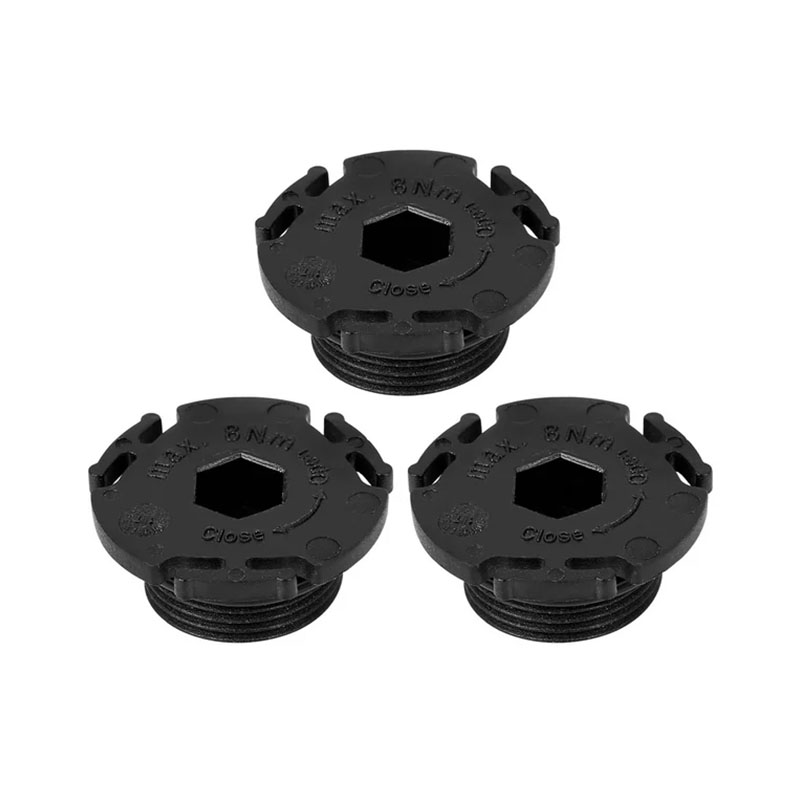Engine Oil Filter Seal Gasket for Enhanced Performance and Reliability in Vehicles
Understanding the Importance of Engine Oil Filter Gaskets
The engine oil filter gasket is a critical component in any vehicle's engine oil filtration system. Though it may seem like a small and often overlooked piece, its role is integral to the overall health and performance of the engine. In this article, we'll explore what an engine oil filter gasket is, its function, common issues that can arise, and how to maintain it for optimal engine performance.
What is an Engine Oil Filter Gasket?
An engine oil filter gasket is a seal that creates a tight connection between the oil filter and the engine block. This component is typically made of rubber or a rubber-like material that can withstand high temperatures and pressures within the engine. The gasket's primary purpose is to prevent oil leaks, ensuring that the engine oil remains contained within the system and flows efficiently to lubricate internal engine components.
Function of the Oil Filter Gasket
The oil filter gasket plays a crucial role in the oil filtration system. When the engine is running, it generates a significant amount of heat due to friction between moving parts. Engine oil is circulated to lubricate these parts, preventing excess wear and tear. The oil filter removes impurities from the oil, including dirt, metal particles, and other contaminants. The gasket ensures that the oil filter is securely attached and prevents any oil from leaking out, allowing for a smooth flow of clean oil back into the engine.
Common Issues with Oil Filter Gaskets
Despite their importance, oil filter gaskets can be prone to wear and tear. Over time, exposure to high temperatures and engine vibrations can cause the gasket material to degrade. This can lead to several issues, including
engine oil filter gasket

1. Oil Leaks One of the most common symptoms of a failing oil filter gasket is an oil leak. If the gasket is damaged, oil can escape from the connection between the filter and the engine, leading to a loss of oil pressure and potentially causing engine damage.
2. Engine Overheating When oil leaks from the filter, it can result in inadequate lubrication of engine components. This lack of lubrication can cause increased friction, leading to overheating and, ultimately, engine failure.
3. Oil Contamination A compromised gasket can allow unfiltered oil or contaminants to enter the engine, reducing the effectiveness of the oil filter and leading to internal damage over time.
Maintenance and Replacement
To maintain the health of the engine oil filter gasket, regular inspections are necessary. During oil changes, it’s essential to inspect the gasket for signs of wear or damage, such as cracks or severe deformation. If any issues are found, it's best to replace the gasket to prevent further complications.
Replacing an oil filter gasket is relatively straightforward. It typically involves removing the old filter, cleaning the mounting surface, and installing a new filter along with a fresh gasket. It's vital to ensure that the new gasket is properly seated to avoid future leaks.
Conclusion
In summary, the engine oil filter gasket is a small yet vital component of your vehicle's engine system. Its function is crucial for preventing oil leaks, maintaining proper lubrication, and ensuring efficient engine performance. Regular maintenance and timely replacement of the gasket can save you from expensive repairs and help keep your engine running smoothly. Remember, a little attention to this often-overlooked part can go a long way in prolonging your vehicle's lifespan and performance.
-
Understanding Automotive Oil Seals: Essential Components for Engine and Shaft Protection
News Jul.30,2025
-
The Importance of Heavy Duty Seals in Industrial and Residential Applications
News Jul.30,2025
-
Exploring Industrial Oil Seals: From Felt Oil Seals to TTO and CFW Solutions
News Jul.30,2025
-
Essential Guide to Oil Seals: From Radial to Metal-Cased Seals for Industrial Reliability
News Jul.30,2025
-
Choosing the Right Oil Seals and Gaskets for Industrial and Automotive Applications
News Jul.30,2025
-
Cassette Seals: Durable Sealing Solutions for Harsh Environments
News Jul.30,2025
-
Understanding the Front Main Engine Seal: Purpose, Maintenance, and Installation
News Jul.29,2025
Products categories















